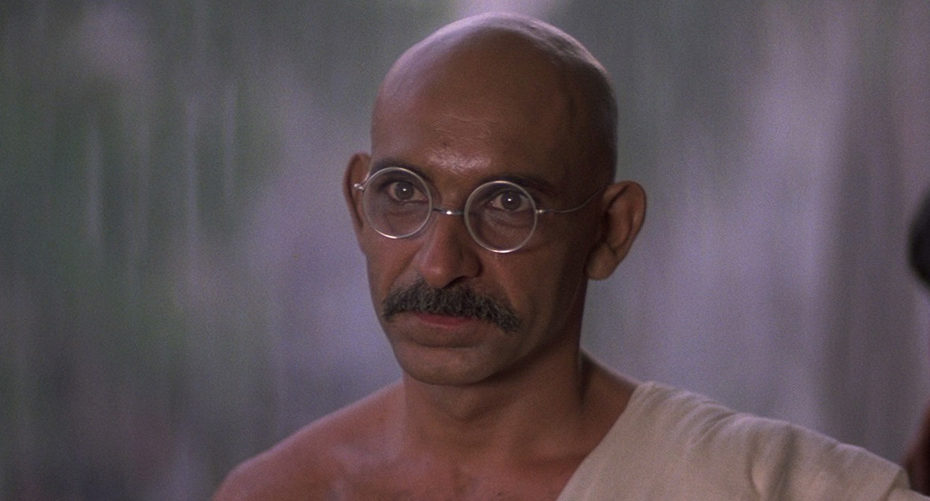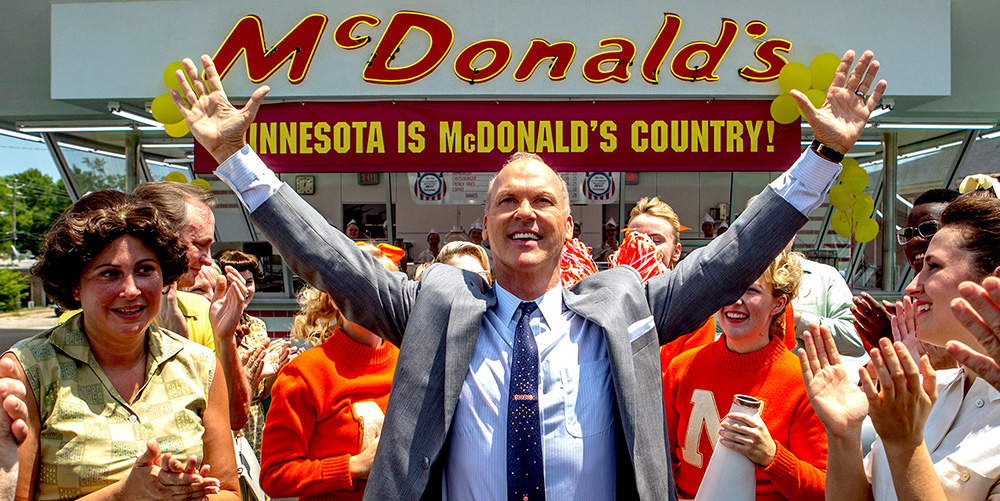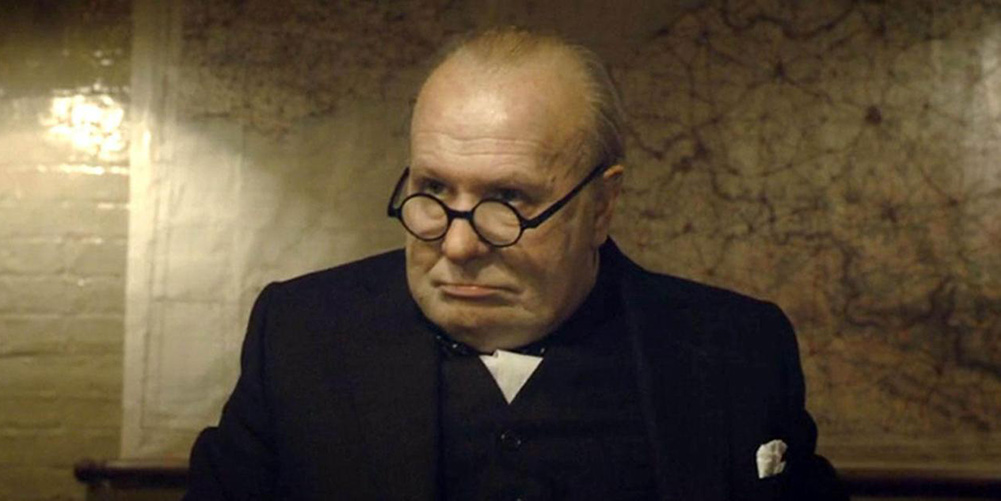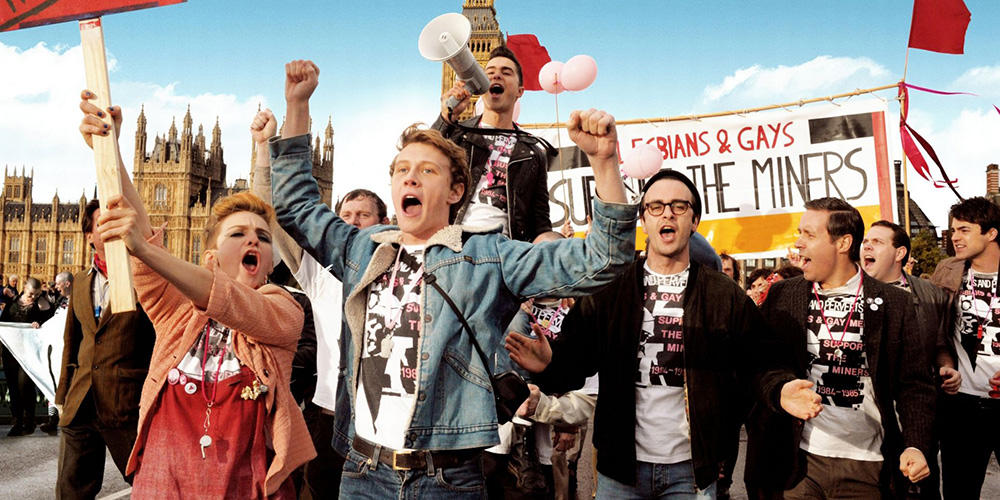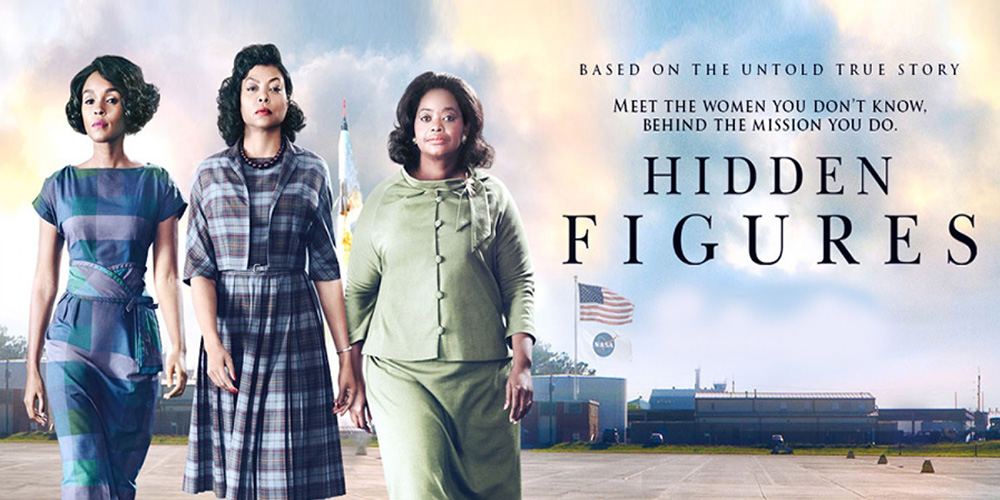Generations to come will scarce believe that such a one as this, ever in flesh and blood, walked upon this Earth.
Albert Einstein
Of all great leaders through history, there can be few to match the aura that surrounds Mohandas K Gandhi, the Indian spiritual leader and subject of Richard Attenborough’s astonishing 1982 film.
This is a man who, within a few short decades, leads his country to freedom from British rule. A man who achieves it largely without violence or loss of life. And a man whose method of achieving it would have almost all of us scratching our heads with disbelief.
Gandhi’s spiritual strength and willingness to endure suffering may be extraordinary. But one trait forms the cornerstone of his leadership – and it’s a trait every leader can learn from, whatever their role.
Seek first to understand, then be understood
Gandhi embodies the late Stephen Covey’s principle of seeking first to understand, then be understood.
Many leaders today, whether politicians or senior business leaders, will go out of their way to emphasise their humble beginnings. If they can, they’ll emphasise their poor upbringing, or the way they worked their way up from the shop floor, to suggest they understand and care about the issues of their people. Yet their behaviour often suggests the opposite.
Gandhi’s approach is different. He starts as a relatively wealthy lawyer, but eschews all the trappings of wealth and power to live the simple life of his followers. In stark contrast to his fellow lawyers in the Indian Congress Party, he travels the country to find ‘the real India’, dressing simply and spinning his own cloth.
Gandhi lives the life of his people so he can truly understand them. Whether it’s the minority Muslims, the ‘untouchables’ of Indian society or the drivers invited to eat at his table, he treats everyone as equals.
In many ways, Gandhi is the opposite of how we expect a leader to look and behave.
His approach may not have the British quaking at the start, but they soon change their tune when his humble approach begins attracting thousands of followers.
People follow him because they realise that here is someone who understands their needs, has their best interests at heart, and will fight for their welfare.
It’s the kind of following who turn out in whole villages to support his 240 mile salt march. A following who cease widespread rioting in response to his fast for peace. And who willingly queue up, one by one, to be viciously clubbed as a gesture of non-violent defiance.
Neither is Gandhi a leader who watches from the sidelines. He’s willing to take his fair share of blows too, whether that be physical blows from policemen in South Africa or psychological blows from long periods of imprisonment.
So what’s the lesson for leaders, and especially those at more senior levels? Get out and talk to your people. Show you understand the realities of their lives, that you care about their welfare. And that you are willing to take action to support them.
“The object of this massive tribute died as he always lived. A private man, without wealth or property, without official title or office. Mahatma Gandhi was not the commander of armies, nor a ruler of vast lands. He could not boast any scientific achievement, nor artistic gift. Yet men, governments, dignitaries from all over the world, have joined together today to pay homage to this little brown man in the loin cloth, who led his country to freedom. In the words of General George C Marshall, the American Secretary of State, ‘Mahatma Gandhi has become the spokesman for the conscience of all mankind. He was a man who made humility and simple truth more powerful than empires.”
American broadcaster Edward R Murrow at the funeral of Mohandas K Gandhi
